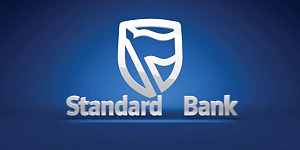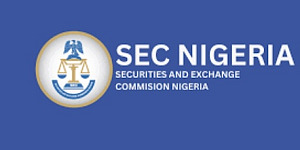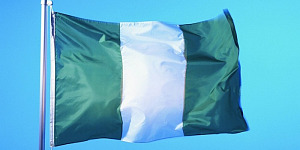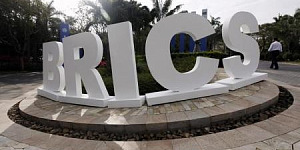Inflation in Nigeria rose to a near four-year high of 12.8 percent in March, the National Bureau of Statistics said on Tuesday, with steep hikes seen particularly in the cost of petrol.
The consumer price index, which measures inflation, rose for a second consecutive month, adding 1.4 percentage points from 11.4 percent in February.
The February rate is the highest since July 2012, when inflation stood at 12.9 percent.
The NBS said "transportation costs, the planting season and foreign exchange movements created significant upward pressures" on the cost of food in March.
But the figures for price hikes in the cost of petrol laid bare complaints from motorists who have been forced to queue, sometimes for days on end, because of repeated fuel shortages.
The average price of petrol nationwide was 135.50 naira (68 US cents, 59 euro cents) per litre in March -- well above the subsidised rate of 86.50 nairas -- leading to profiteering.
Fuel sold above 150 naira in most northern states, with Nassarawa recording the highest price of 166.67 naira in March. The average price in the oil-producing Niger delta was about 130 naira.
In Lagos, the commercial capital, petrol sold at 90.08 naira in March while it rose to 104.90 naira in the capital, Abuja.
Restrictions on foreign exchange trading other than at the official rate has led to a fuel shortage in recent weeks, despite Nigeria being Africa's biggest oil producer.
Most fuel is imported because of a lack of refining capacity but to keep prices at the pump low, the government has frozen the cost of petrol at 86.50 naira per litre.
The government then pays the difference in market rates to fuel importers.
But the importers, who are often accused of false claims and overpayments, have frequently shut off supplies because of late payments or disputes about currency exchange rates.
Nigeria's import-dependent economy has been struggling to raise revenue because of the fall in global oil prices since mid-2014, hitting growth forecasts.
The country has seen its foreign reserves depleted and the naira weakened against the dollar, hurting investors and making foreign exchange hard to come by for businesses, particularly importers.
The government, however, has refused to devalue the currency, officially pegging the naira at 197-199 to the dollar, despite black market rates of about 320.








































